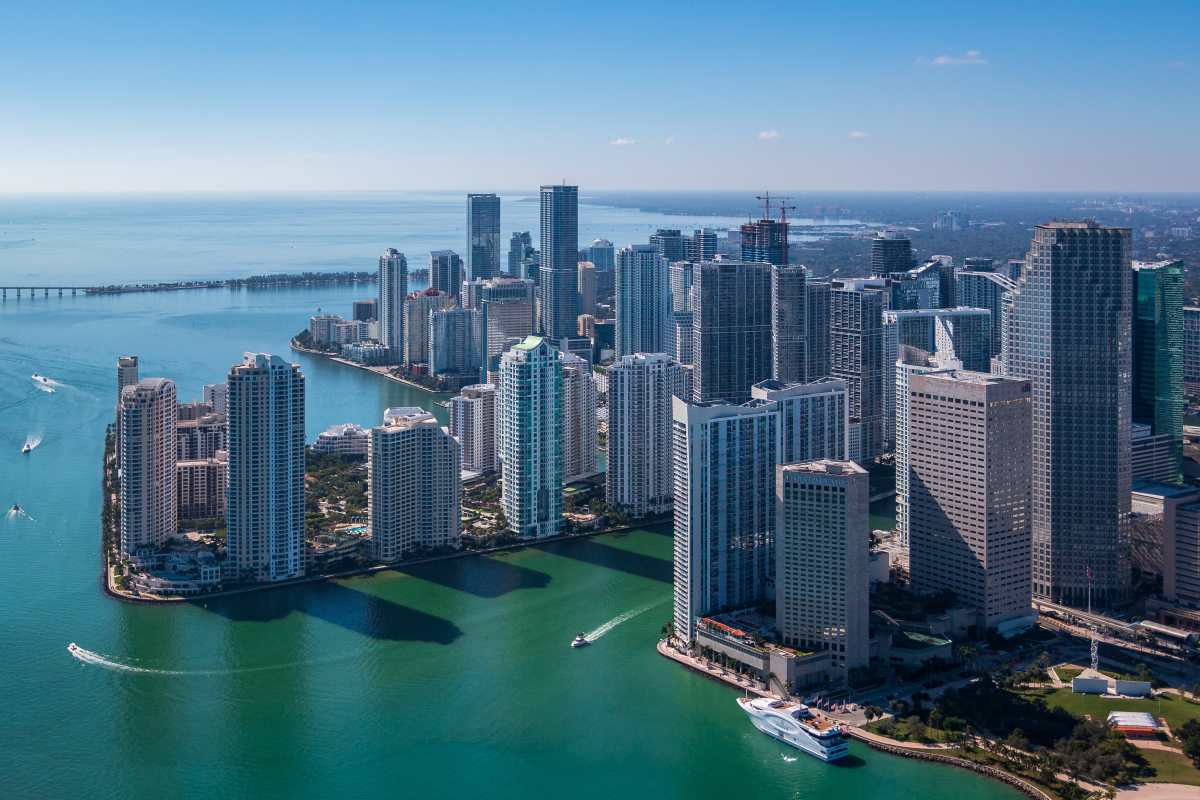Thinking of buying real estate in Miami, but you live abroad? Here’s what you need to know
Miami is one of the top destinations for global real estate investors. Its strong economy, tourism, and steady appreciation make it an ideal place to protect your capital and generate income in U.S. dollars.
And the best part? You don’t need to be a U.S. resident or citizen to invest.
Here’s a step-by-step guide to help you make your first purchase with confidence.

1. Can I buy property in the U.S. if I’m not a resident?
Yes. In the U.S., you don’t need to be a resident or have a green card to purchase real estate. You can buy property as an individual or through a legal entity (like an LLC), depending on your tax and investment strategy.
2. What type of property should I buy?
That depends on your goals. Common investment types include:
Long-term rentals: condos or houses in residential areas
Short-term rentals (Airbnb): furnished properties in tourist zones like Brickell or Miami Beach
Pre-construction: ideal for long-term appreciation and lower upfront investment
3. What about financing?
As a foreign national, you have two options:
Buy in cash
Apply for a foreign national mortgage with specialized lenders (usually 30–40% down payment required)
Typical requirements include:
Valid passport
Proof of income
Bank reference letters
Tax returns from your home country (in some cases)
4. What costs should I consider?
Down payment: usually 30%–40%
Closing costs: around 4%–6% of the purchase price
Ongoing costs: property taxes, HOA fees, insurance, and property management (if renting)
5. Where should I invest in Miami?
Top areas for foreign investors include:
Brickell: Miami’s financial district, ideal for executive rentals
Downtown & Edgewater: up-and-coming with strong demand
Wynwood & Midtown: perfect for Airbnb investments
Doral: residential and popular with Latin American buyers
Miami Beach: high tourist demand year-round
Buying real estate in Miami as a foreigner is absolutely possible — and potentially very profitable. The key is to work with a local real estate expert who understands international transactions, financing, and tax strategies.
If you're ready to explore your options, book a consultation and let’s walk through the process step by step.
You probably check your bank account pretty often. But when was the last time you thought about how much equity you’ve built in your home?For most people, their home is the largest financial asset they own. And if you’ve lived in yours for a few years (or more), you’ve likely built more wealth than you think — quietly, in the background.Let’s talk about that hidden value: home equity.What is home equity?Home equity is the difference between what your house is worth today and what you still owe on your mortgage. It builds over time as your home value increases and...
